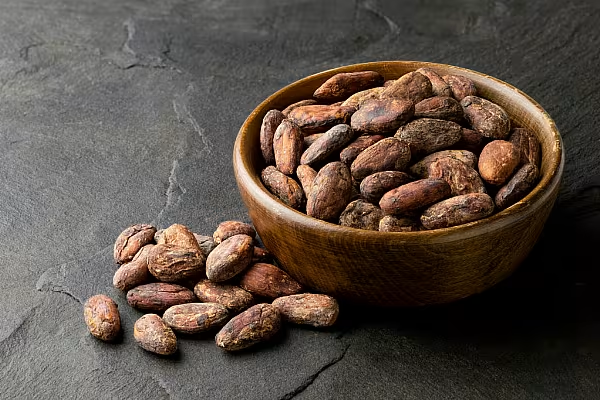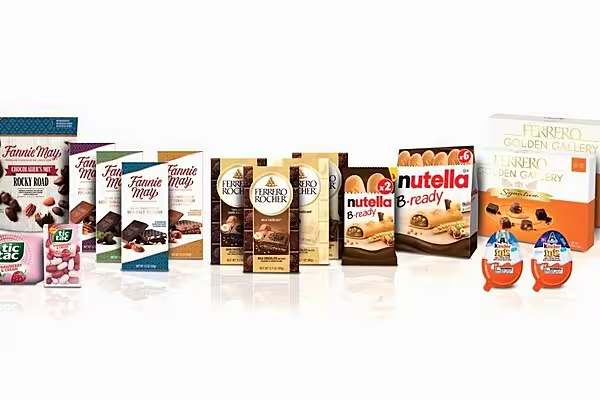Germany's third-quarter 2022 cocoa grind fell 4.7% on the year to 103,532 tonnes, the German confectionery industry association BDSI said, following a 3.7% increase in the second quarter.
The dramatic rise in Germany’s energy costs, which are higher than in some other EU countries, had contributed to the fall, an association spokesperson said.
Germany has suffered especially heavily from cuts in Russian gas supplies following the war in Ukraine.
Electricity Costs
The German confectionery industry’s electricity costs in 2021 were estimated at around €250 million ($242.6 million), but are expected to rise to about €2.5 billion this year with the same energy use, the association said.
Some other EU countries, such as France and Spain, which have put brakes on energy price rises, currently have a significant advantage in production costs, the association said.
In May of this year, BDSI said that the cost situation in the German confectionery industry was extremely tense.
Energy, agricultural raw materials and packaging, as well as transport and logistics were already increasing in price, the group said, but the the Ukraine war exacerbated this situation significantly.
Elsewhere, Swedish confectionery and nuts company Cloetta reported its sixth consecutive quarter of growth in branded packaged products and 'continued profitable growth' within pick & mix.
Net sales for the second quarter of the company's financial year increased by 14.5% to SEK 1,626 million (€1.42 billion) including a positive impact from foreign exchange rates of 2.6%.
News by Reuters, edited by ESM – your source for the latest retail news. Click subscribe to sign up to ESM: European Supermarket Magazine.











